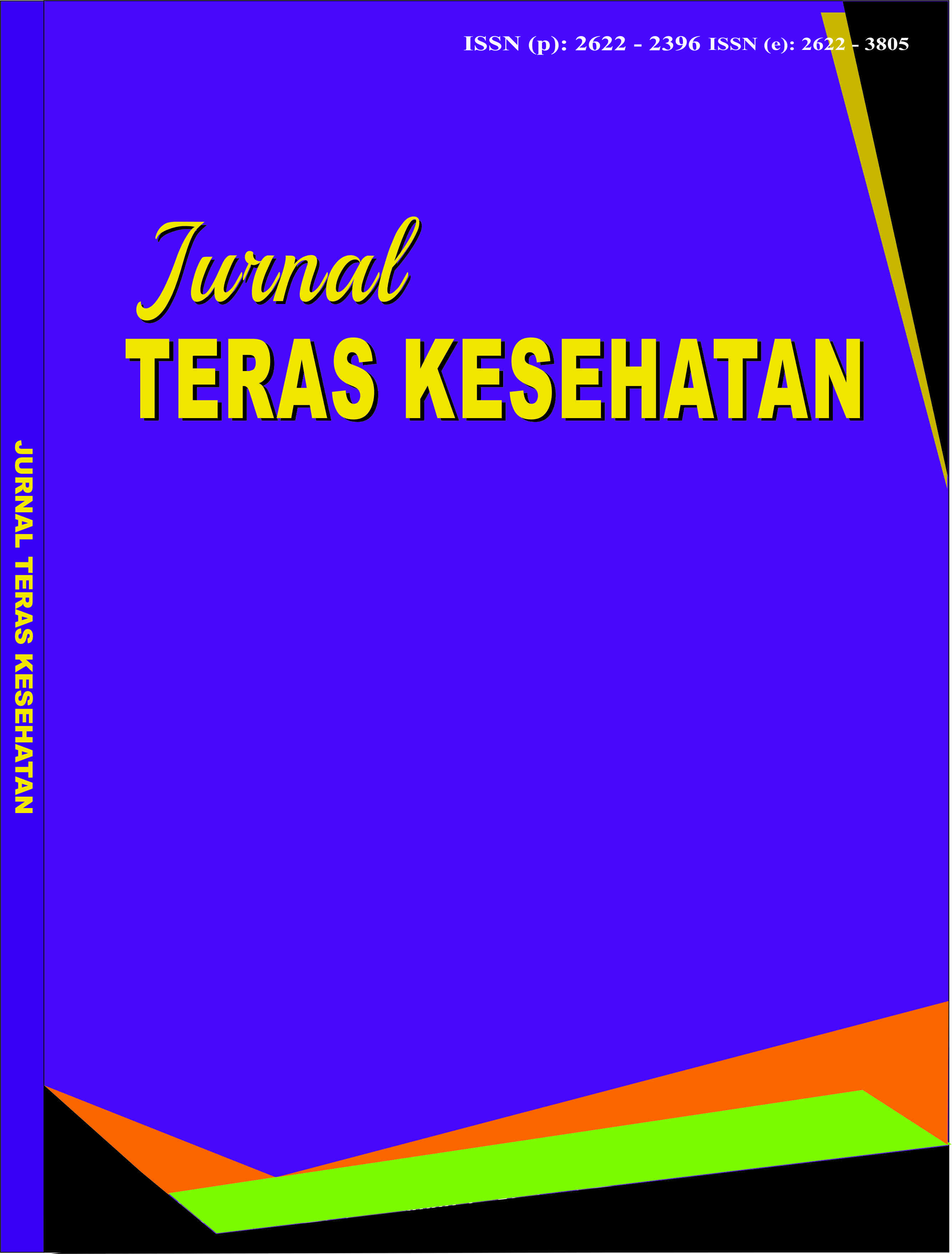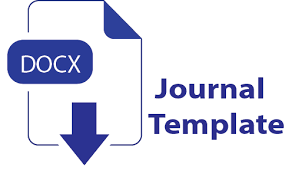Efektivitas Penggunaan Flashcard Digital Untuk Meningkatkan Kemampuan Kosakata Pada Anak Autisme Di Surakarta
DOI:
https://doi.org/10.38215/jtkes.v8i1.175Keywords:
Autism, digital flashcards, vocabularyAbstract
Vocabulary use is one of the important aspects of language development. In children, childhood is the optimal period for vocabulary development. Children with autism often experience language delays and have limited speaking abilities, which affects vocabulary development. The use of flashcards has been proven to help improve vocabulary skills. Digital flashcards that are attractively designed can provide visual and cognitive stimulation, effectively supporting language development, especially for children with autism. To determine the effectiveness of using digital flashcards to improve vocabulary skills in children with autism in Surakarta. This type of research is quantitative with a research design of pre-experimental design and using a group pretest-posttest design as a method of data collection approach. The sampling technique used was purposive sampling with a sample of 15 respondents. The statistical test used was the Wilcoxon test. The results of the Wilcoxon test obtained a sign.
Downloads
References
Alfinna, T., Dyah, Y., & Santik, P. (2019). HIGEIA JOURNAL OF PUBLIC HEALTH Kejadian Autism Spectrum Disorder pada Anak di Kota Semarang. … (Journal of Public Health Research and …, 3(4), 635–645. https://journal.unnes.ac.id/sju/higeia/article/view/30987%0Ahttps://journal.unnes.ac.id/sju/higeia/article/download/30987/14689 Amelia, Z., & Rahmadani, A. (2022). Penggunaan Media PEMA (Papan Edukasi Main Anak) Dalam Meningkatkan Pemerolehan Kosakata Anak Usia 3-4 Tahun. JURNAL Al-AZHAR INDONESIA SERI HUMANIORA, 7(1), 44. https://doi.org/10.36722/sh.v7i1.941 https://jurnal.uai.ac.id/index.php/SH/article/view/941.
Boroughani, T., Behshad, N., & Xodabande, I. (2023). Mobile-assisted academic vocabulary learning with digital flashcards: Exploring the impacts on university students’ self-regulatory capacity. Frontiers in Psychology, 14(April), 1–8. https://doi.org/10.3389/fpsyg.2023.1112429
Chotimah, C. (2021). Flashcards as a Learning Media to Motivate Students. Lingua: Jurnal Pendidikan Bahasa, 17(1), 67–75.
Elan, E., Gandana, G., & Fauziah, D. E. (2023). Analisis Penggunaan Flashcard Berbasis Digital untuk Meningkatkan Kemampuan Bahasa Reseptif Anak Usia Dini. Ceria: Jurnal Program Studi Pendidikan Anak Usia Dini, 12(1), 63. https://doi.org/10.31000/ceria.v12i1.9023. Febiola, S., & Yulsyofriend, Y. (2020). Penggunaan Media Flash Card terhadap Kemampuan Berbicara Anak Usia Dini. Jurnal Pendidikan Tambusai, 4(2), 1026–1036. https://jptam.org/index.php/jptam/article/view/566. Hardi, N. F., & Sari, F. P. (2019). Parenting Stress Pada Ibu Yang Memiliki Anak Autis. Hisbah: Jurnal Bimbingan Konseling Dan Dakwah Islam, 16(1), 21–36. https://doi.org/10.14421/hisbah.2019.161-02

Downloads
Published
Issue
Section
License
Copyright (c) 2025 Jurnal Teras Kesehatan

This work is licensed under a Creative Commons Attribution-ShareAlike 4.0 International License.
Authors who publish articles in Jurnal Teras Kesehatan agree to the following terms:
- Authors retain copyright of the article and grant the journal the right of first publication with the work simultaneously licensed under a CC-BY-SA or the Creative Commons Attribution–ShareAlike License.
- Authors can enter into separate, additional contractual arrangements for the non-exclusive distribution of the journal's published version of the work (e.g., post it to an institutional repository or publish it in a book), with an acknowledgment of its initial publication in this journal.
Authors are permitted and encouraged to post their work online (e.g., in institutional repositories or on their website) prior to and during the submission process, as it can lead to productive exchanges, as well as earlier and greater citation of published work (See The Effect of Open Access)













